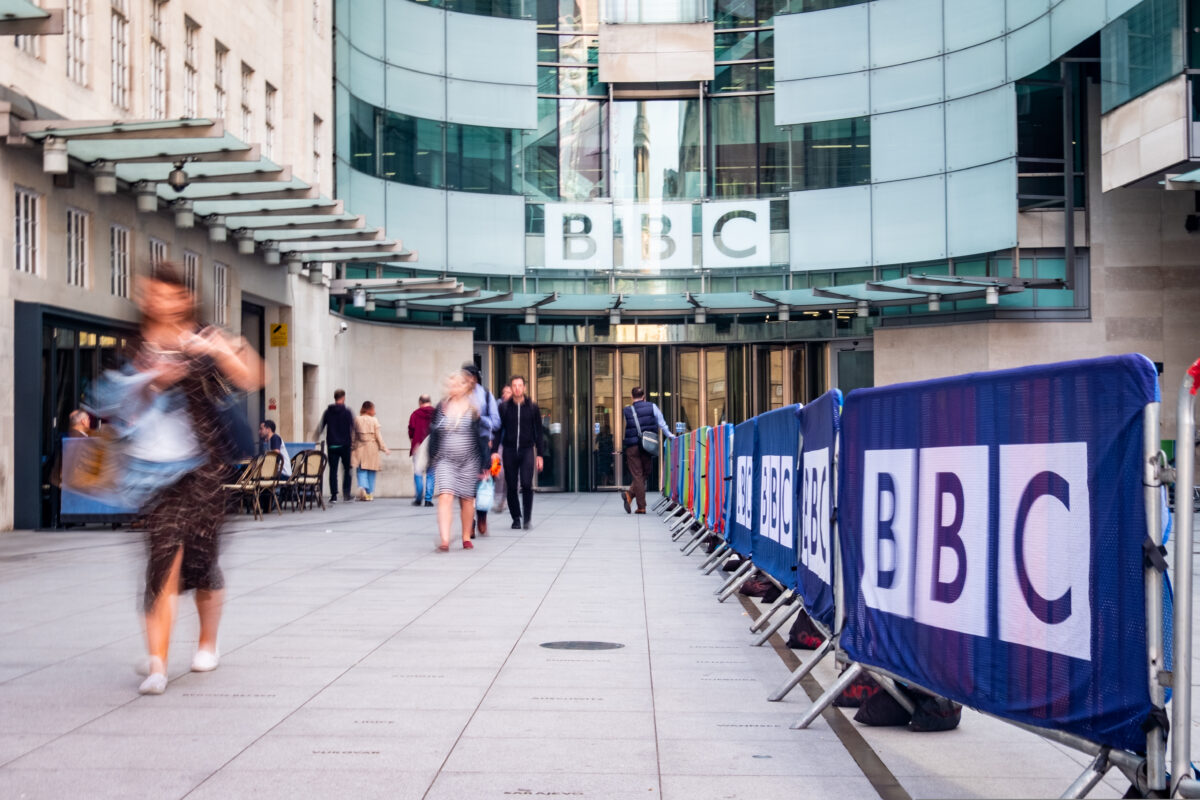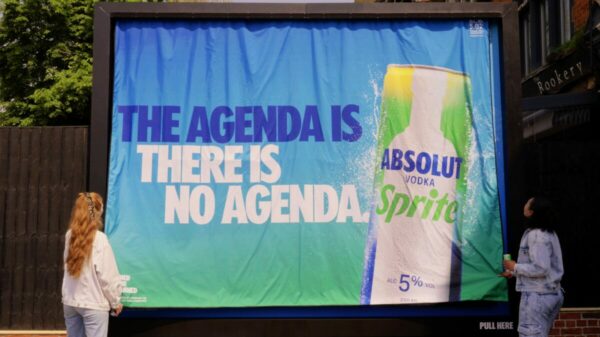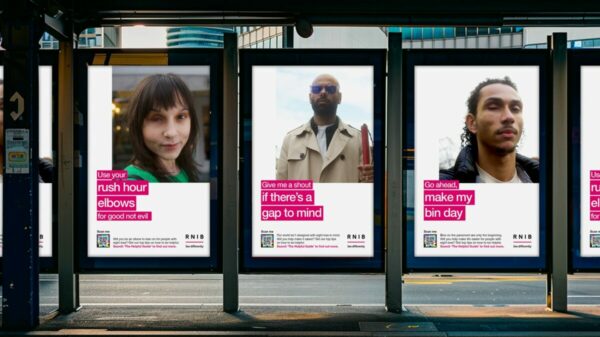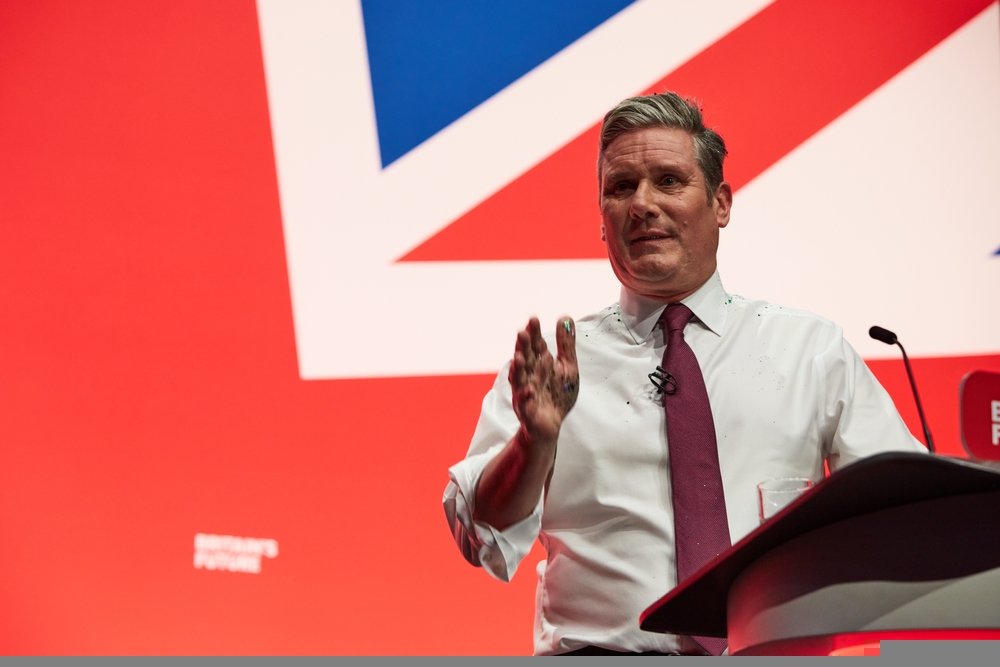The BBC is considering replacing its current funding model, the licence fee, with alternative methods such as advertising – currently the main source of funding for traditional commercial TV channels.
Among potential new models, advertising, premium subscription and broadband levy are all being considered in the review, expected to be formally announced in the autumn.
The news comes in the wake of the BBC’s annual report which, published last week, revealed that the number of active licences had fallen by 500,000 to 24.4 million since last year, despite the UK population growing by 2 million in four years.
In real terms, the reduction in licence fees meant the BBC only made £3.74 billion in fees last year, down from £3.8 billion the year before.
The upcoming review will also assess whether the BBC could make more money commercially. For example, BBC Studios, the corporation’s production arm, made £240m in profit last year.
Subscribe to Marketing Beat for FREE
Sign up here to get the latest marketing news sent straight to your inbox each morning
“The evidence that there is a growing unwillingness to pay is shown by figures each year. The licence fee model is becoming unsustainable,” a government source told the Times.
Media minister Sir John Whittingdale addressed the Commons, adding: “We should look at possible alternative sources of funding for the BBC in the longer term, that will be the focus of the funding review.”

The report comes as the broadcaster prepares for its biggest increase in 20 years in licence fees, in April next year, following a two-year freeze.
Initial responses to the introduction of advertising to the BBC have been mixed.
In a recent Daily Express survey, thousands of readers said advertising should replace the BBC licence fee, while former BBC chair Richard Sharp called the licence free ‘regressive’.
Rather than introducing advertising though, he instead suggested that wealthier families pay more to access the corporation’s services, possibly ‘through a tax on broadband bills or a household levy based on property value’.









